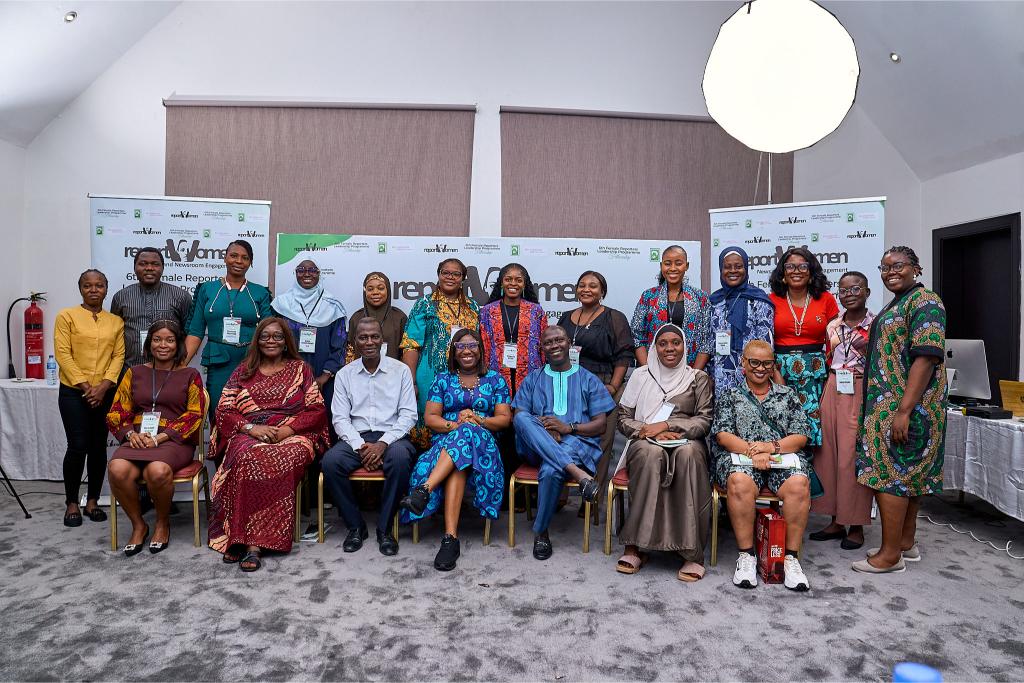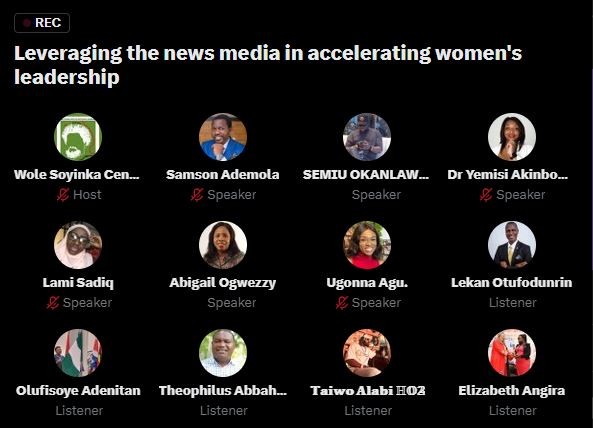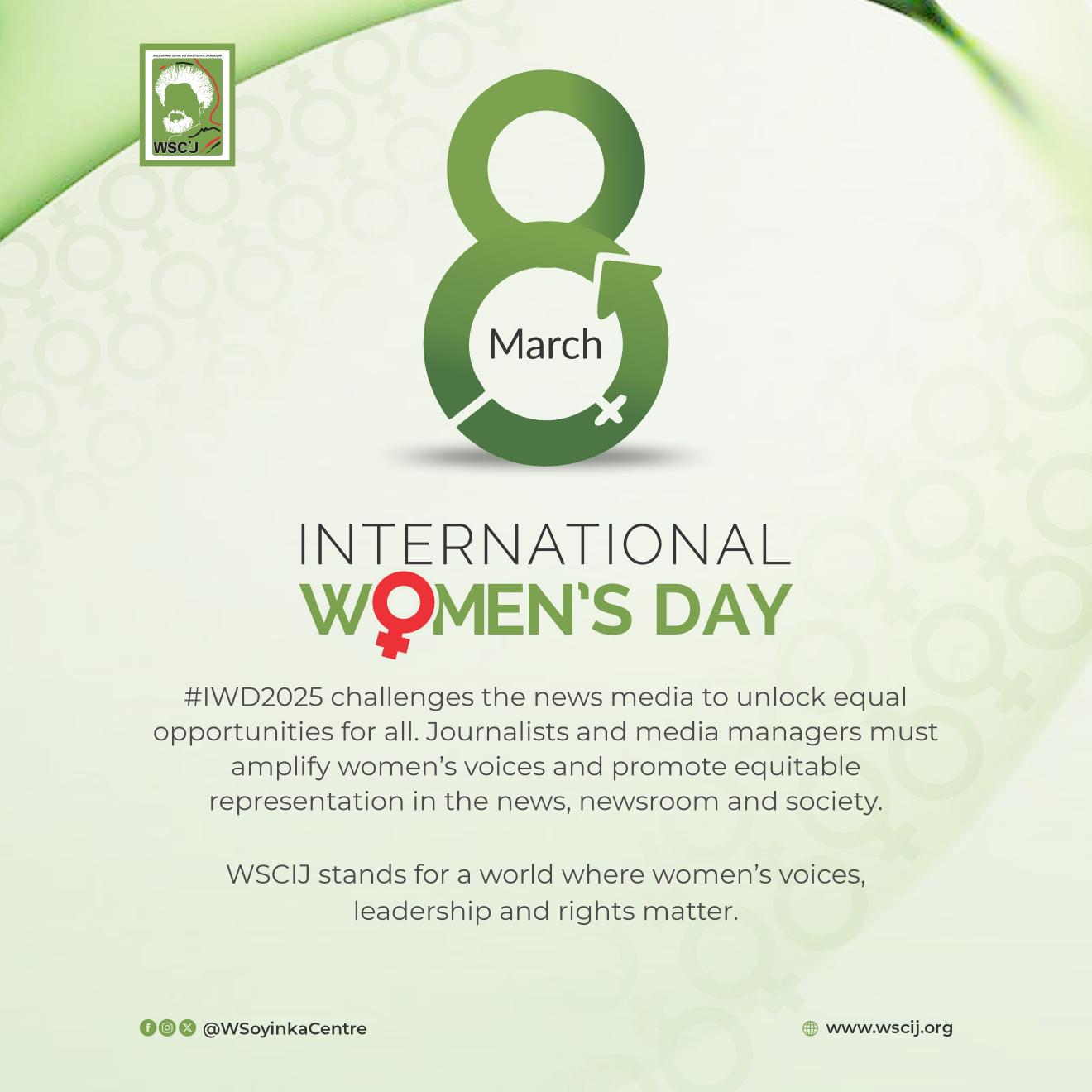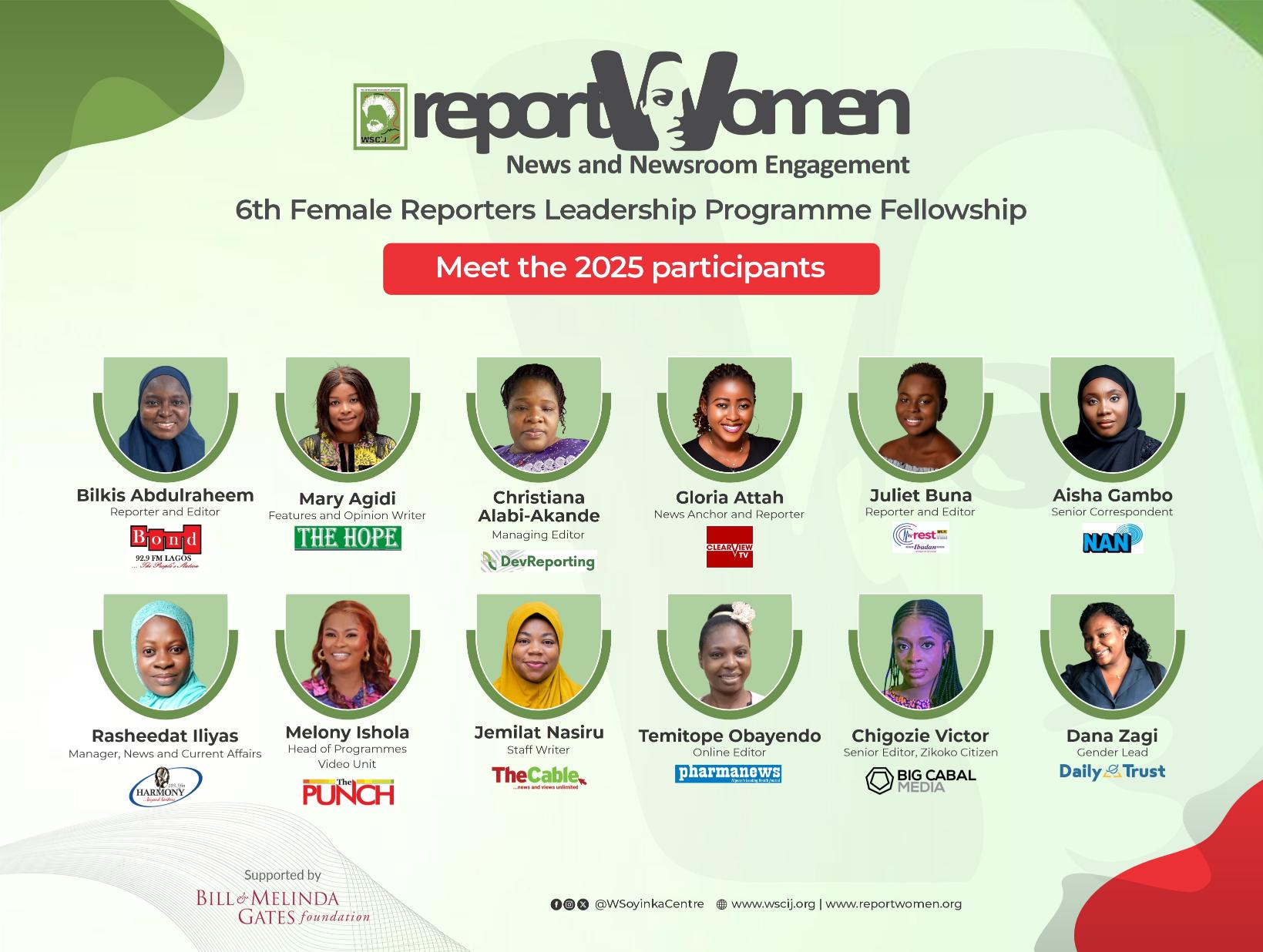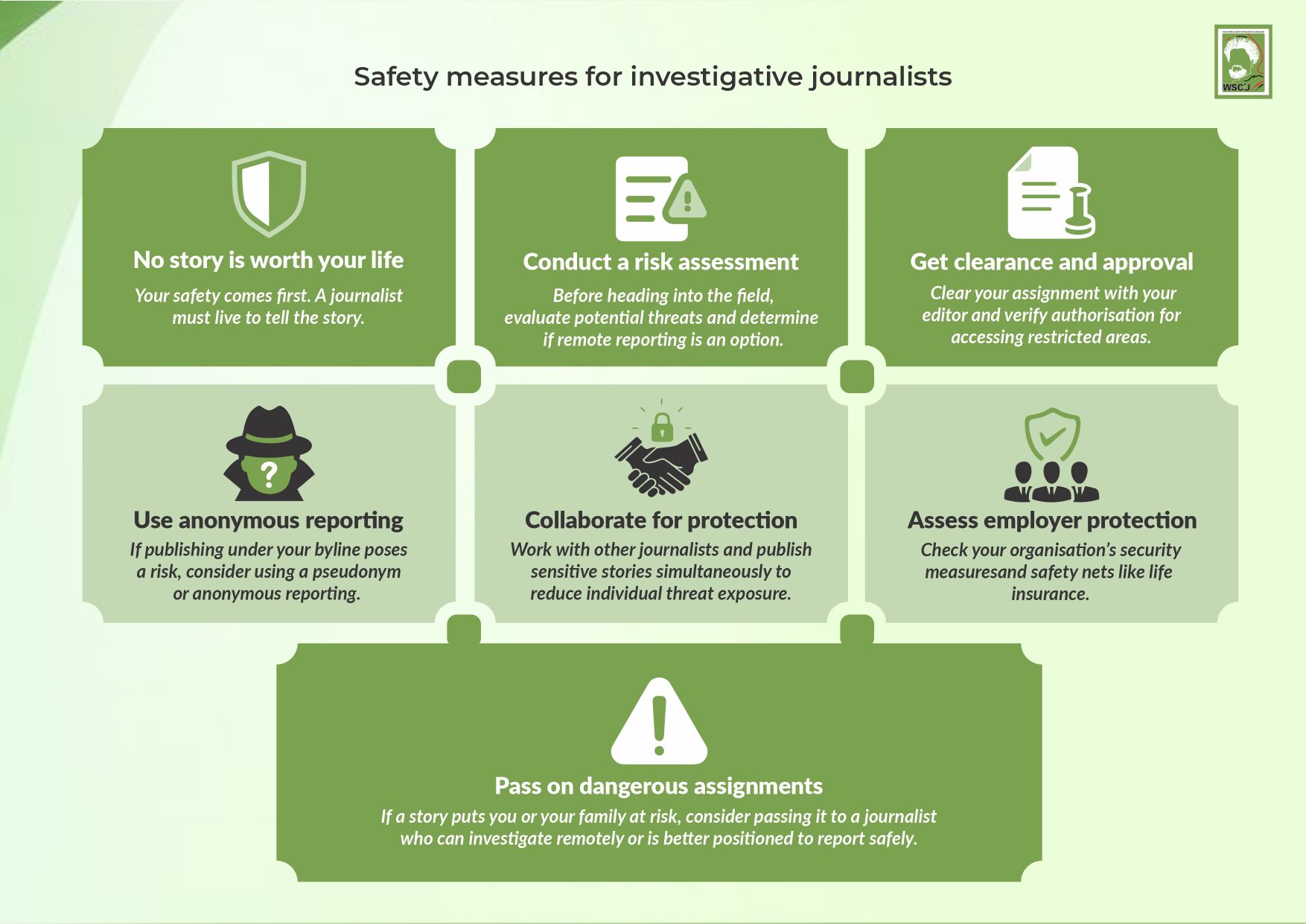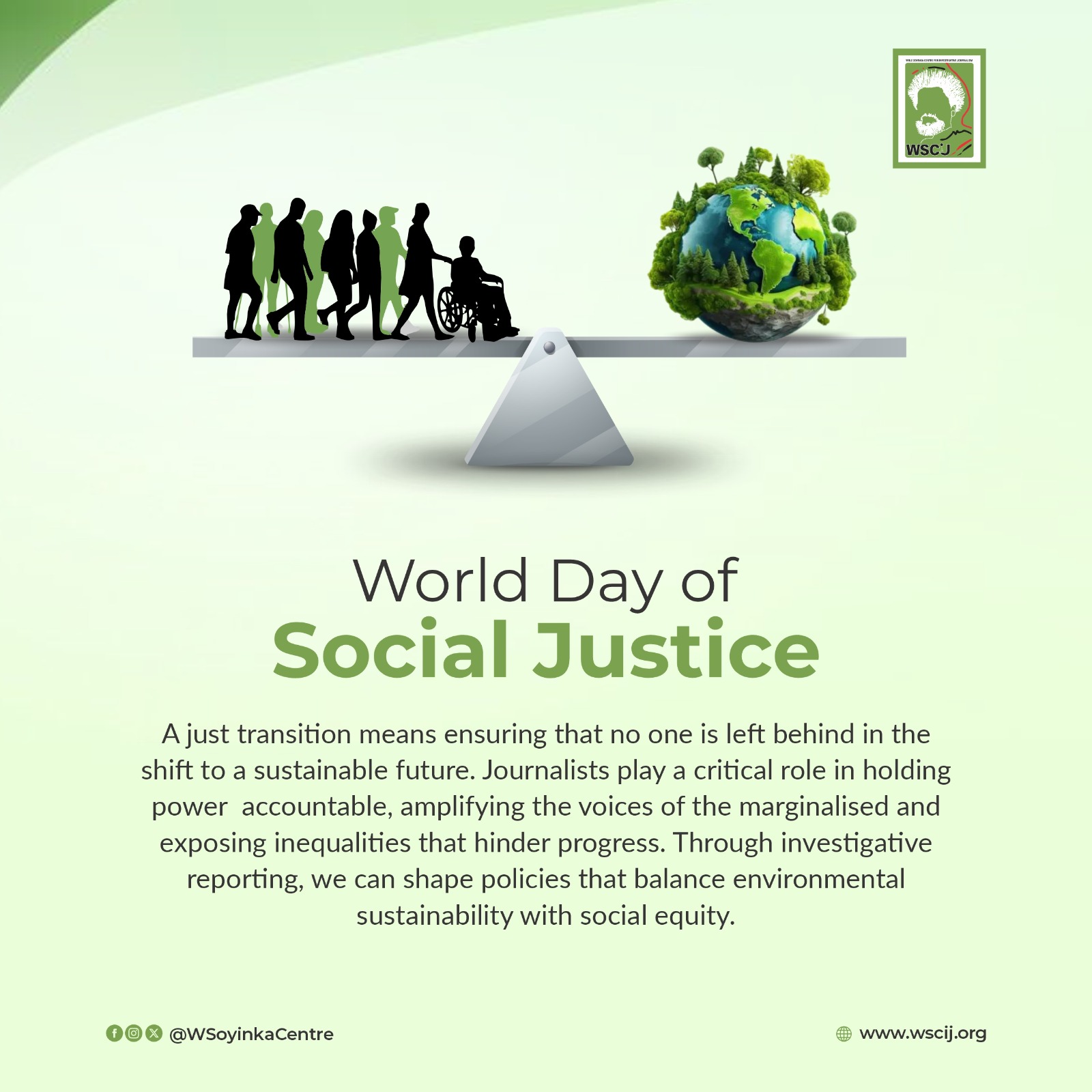The Wole Soyinka Centre for Investigative Journalism (WSCIJ) joins the rest of the world in commemorating the 2021 International Day of Zero Tolerance for Female Genital Mutilation (FGM) with the theme “No Time for Global Inaction: Unite, Fund and Act to End Female Genital Mutilation.”
Every year, the world commemorates the international day of zero tolerance for FGM to enhance awareness and encourage concrete action against the practice as a major concern and challenge to women’s health, growth, and economic development. According to the World Health Organisation (WHO), FGM consists of all the procedures that involve altering or injuring the female genitalia for non-medical reasons. It is recognised internationally as a violation of the human rights, health, and integrity of girls and women.
WSCIJ has contributed to efforts in creating awareness about the danger of FGM through its ReportWomen! programme designed to focus on major issues of access and abuse by increasing the quality and quantum of reports about girls and women in Nigeria. In 2015, a documentary titled “ReportWomen: The Untold Stories of Girls and Women in Nigeria” which focused on the girl child and issues related to women such as FGM, rape, domestic violence, and so on was produced. Also, reporters under the RepotWomen! Female Reporters Leadership Programme (FRLP) fellowship executes story projects covering several issues including FGM. One of such is a report by Omobolanle Adesuyi, a 2019 fellow of the FRLP on “The prevalence of Female Genital Mutilation in Oyo State”. It captures the harrowing experience of girls and women who have undergone FGM in Oyo state south-western Nigeria, with a call for collective action to tackle the root causes of gender inequality, a culture of silence, and stigma against victims of FGM.
According to the United Nations Population Fund (UNPF), over 200 million women and girls globally across Africa, Asia, and the Middle East have undergone FGM with about 4 million girls at risk. Nigeria has 20 million women and girls who have undergone FGM accounting for 10 per cent of the global total. This means that 1 out of every 10 mutilated women is a Nigerian. Of the 18.4 per cent of women estimated to have undergone FGM, 82 per cent were subjected to FGM before the age of 5.
Research by the National Bureau of Statistics and the United Nations Children Education Fund NBS/UNICEF, Multiple Indicator Cluster Survey (MICS) 2016 – 2017 data shows FGM prevalence according to regions between women aged 15 – 49 years with the highest prevalence at 32.5 per cent and 41.1 per cent in the south-east and south-west zones of Nigeria respectively. International and national treaties such as the Child Rights Act of 2013 and the Violence Against Persons Prohibition (VAPP) Act 2015 are not enforceable to criminalise FGM as both are domesticated in few states including the Federal Capital Territory, Abuja.
In commemorating the International Day of Zero Tolerance for Female Genital Mutilation, the goal to end FGM globally by 2030 has been estimated to cost 2.4 billion dollars or 95 dollars to prevent one girl from being cut. Therefore, there is a need for collaborative efforts from the government, civil society, traditional leaders, health workers, and female activists to fund, educate and implement laws to eliminate FGM practice in Nigeria. The WSCIJ, through the tool of investigative reporting, will continue to advocate for the empowerment, equality, and elimination of all violent practices militating against the social and economic development of women and girls in Nigeria as the world commemorates this year’s International Day of Zero Tolerance for Female Genital Mutilation.


